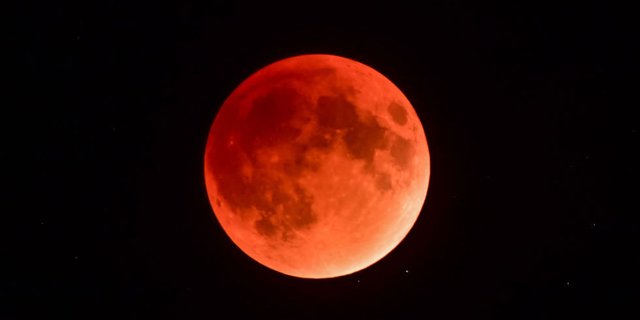Tu B'Shevat - ערב טו בשבט היום
This evening is Tu B'Shvat (till tomorrow evening) and it reminds me, there are 4 New Years in the Jewish calendar.

My grandson's Kindergarden today - kids planting trees.
These are the days in a chronologic order:
First of Nisan
The first new year's day is the first day of the Hebrew month of Nisan. Nisan is the first month in the Hebrew calendar, though years are counted from the first day of Tishrei, the seventh month.
The First of Nisan was also considered the new year for counting the years of the reigns of kings in ancient Israel ordering the Jewish holidays.
The first day of Nisan is seen as the anniversary of the founding of the Jewish people nation when they escaped from Egypt during the Passover story. That is why Passover is closely tied to this month.
First of Elul
The second new year's day is on the first day of Elul, the sixth month of the Hebrew calendar According to Jewish sources, this was the new year for animal tithes. It was used to determine the start date for the animal tithe to the priestly class in ancient Israel Generally, this new year's day is no longer observed.
First of Tishrei
Or Rosh Hashanah. Rosh Hashanah is the Jewish new year with which it falls on the first day of Tishrei, the seventh month of the Hebrew calendar. It marks the day when the Jewish calendar year advances and is seen traditionally as the date when the world was created. In ancient times, it was also used for calculating certain tithes, such as those for vegetables.
15th (Tu in Hebrew) of Shvat,
Or Tu B'Shvat which is considered the new year's day for trees, usually falling between January and February. According to the Torah, fruits cannot be consumed from trees less than three years old, and Tu B'Shvat was used as the starting date for determining the age of the trees. Unlike the first of Nisan and the first of Elul, Tu B'Shvat is still widely observed as a minor Jewish holiday.
See more details in this link:
https://www.thoughtco.com/four-jewish-new-years-2076661
Gues what?
Many people in Israel already started celebrating in common ceremonies of planting trees and eating dried fruit specially from the 7 fruits and grains Israel origin, wheat, barley, grapes, figs, pomegranates olives and date.
15th of Shvat is in the middle of the month so we always see a full moon in this day.
Tu B'Shvat is actually a day for keeping the beauty of nature, it is one of the routes for sustainability.
The beauty of nature, what an amazing coincidence?
This year, there is a special rare sky event of a Blue Moon, a total lunar eclipse and a supermoon all at the same time (the last time was 150 years ago)!

Picture from the link bellow
http://www.goodhousekeeping.com/life/news/a47455/super-blue-blood-moon-january
@hebrew you should check this post out.
I did. I loved it! For some reason, I have been eating new fruit and dried food recently in the last few days. I look at the moon outside my window every evening and I noticed it was becoming full.
Thanks a lot for your feedback !
Very awesome .... Upvoted and Followed. I Saw your link on the @hebrew blog via @asafb2k where everybody is learning Hebrew.
Thanks!
Followed and UpVoted.